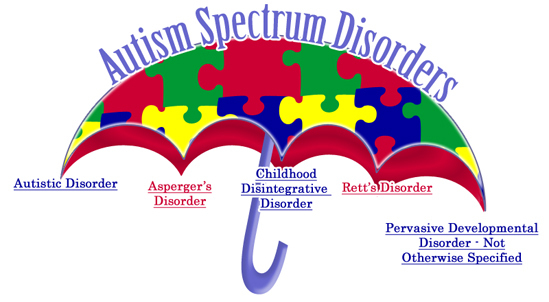Repeatedly, I am confronted with, "Does my child have autism?" Just the other week a casual acquaintance whom I see once a month or so had that very concern with his young son. My heart broke for him. But as he described the dynamics, I felt certain his little boy's world is that of autism.
So often parents do not know or do not want to know if their child has autism. Many times denial steals the information. For sure, it is a dreaded revelation. No wonder it frightens parents from facing the possible inevitable until their child is much older.
But the sooner the diagnosis, the better chance the child and parent have in unpacking the damage so as to begin to restore lost time. Lost time that has cheated them out of a better life.
So what is the danger of a parent's denial? It snatches not just understanding the illness but accelerates the emotional confusion of what is happening to their child.
Stats Tell Us:
- That only 50 percent of children are diagnosed with autism before kindergarten. We know that children can be diagnosed by three and often by the age of 18 months old. And in some cases it appears it may be diagnosed as early as twelve months and younger.
- Autism invades the lives of more children than does cancer.
- Males are four times more likely to have it than females.
- Girls with autism tend to have more severe symptoms and greater cognitive impairment.
Autism spectrum disorders refers to a group of disorders characterized by delays in the development of socialization and communication skills.
Other Autism Spectrum Disorders Include:
- Childhood disintegrative disorder
- Classic autism
- Asperger
- Rett syndrome
- Pervasive developmental disorder not otherwise specified (usually referred to as PDD-NOS).
What Are The Most Obvious Signs?
- Demonstrate deficits in social interaction. You feel as though they are not "connecting" with you, a disconnect of emotions.
- Have difficulty with verbal and nonverbal communication. Some do not speak at all and may never. While others, as with Asperger, retain early language and do speak.
- Display repetitive behaviors or narrow, obsessive interests. Example would be of a child repeatedly banging his head against an object, like a wall or table. Not all behaviors are as hurtful as that, of course.
- Attention to certain and or unusual details. One case study I read told of a little boy with Autism who didn't respond to any noise no matter the volume. But then with the simple sound of a window carefully shutting, his complete attention was quickly absorbed in that one unassuming detail.
If you have questions about the development of your young child, please DO NOT wait to seek help. The sooner you release your fear and seek information, the more apt your child will be able to live a greater fulfilled life.
Resources: For a detailed study on Genetic Studies of Autism: From the 1970s into the Millennium, click here:
Journal of Abnormal Child Psychology , Feb, 2000 by Michael Rutter;
Autism Society of America.
Copyright © 2008 by Pilates Worx 4 Life. All rights reserved. Check out website: www.pilatesworx4life.com






 Enjoy
Enjoy











